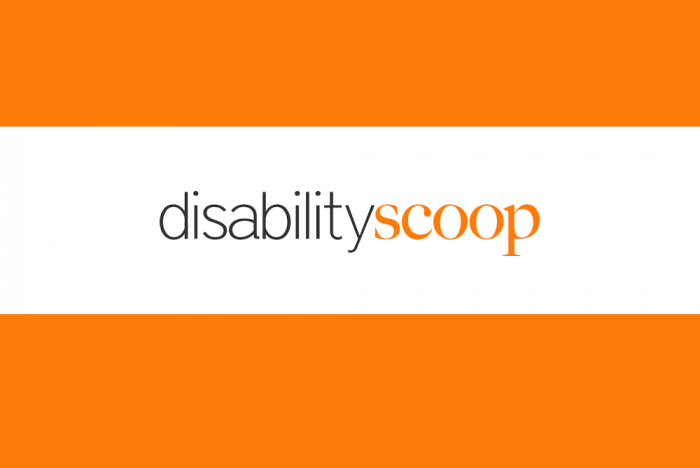The Department of Human Services (DHS) issued a communication regarding a delay in the distribution of American Rescue Plan Act (ARPA) funding allocated to Personal Care Homes (PCH) and Assisted Living Residences (ALR) by Act 54 of 2022.
As of 2/6/2023, approximately 50 percent of the Act 54 payments for PCH and ALR had been processed by OLTL, and approximately 25 percent of the total facilities for which form submissions have been received have been fully processed and paid by the Treasury. DHS anticipates that it may take until the end of March 2023 for the remaining 50 percent of payments to be processed and finalized. Providers are asked to please be patient while the remaining payments are processed. If your facility is anticipating serious negative consequences from the delay of your payment, please email.
Visit here for information on the exact breakdown of the $26,767,000 of available Act 54 funding for PCH and ALR.
Please remember that Act 54 of 2022 requires the ARPA funding to be obligated by December 31, 2024, and spent by December 31, 2026, or returned to the Commonwealth. Additionally, these funds must be used for COVID-19 related expenses. Providers must keep documentation to prove that these funds were used for their response to the COVID-19 pandemic in case of an audit. Any person or entity accepting an ARPA payment agrees to provide documentation to the Department of Human Services (DHS) upon request for purposes of determining compliance with Act 54 requirements. Instructions on expenditure reporting will be provided at a later date.
DHS recommends that providers consult their accountants or attorneys for further clarification on acceptable uses of ARPA funding. DHS encourages providers to review guidance for eligible expenditures on the US Department of the Treasury website in their Compliance and Reporting Guidance.
If your facility has not submitted an Act 54 Facility Acceptance Form, you may still do so. Do not submit this form if your facility has previously applied for this funding.
Other questions about this information may be directed via email.


















